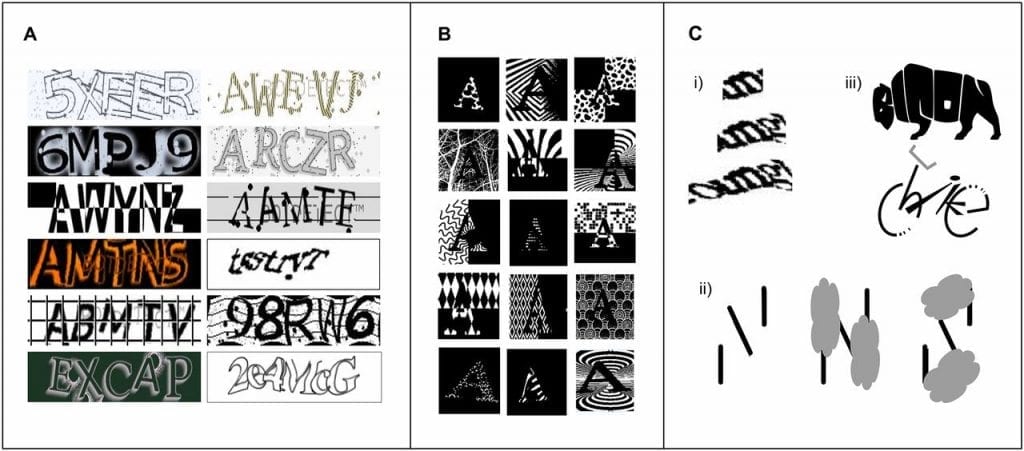If CAPTCHA has been able to stop or at least make life difficult for spammers, there is now a new artificial intelligence model that can interpret CAPTCHAs with very little data training and it could be the end of this anti-spam system. The CAPTCHA system was created to be indecipherable by computer algorithms. It appeared to us in many ways, from combinations of letters and numbers in a million different styles to images that only humans could group or interpret. This technique allowed humans to naturally recognize standards, numbers, and requirements while computers would have difficulty validating layers with designs, “noise,” and other pitfalls. For several years algorithms have been created to solve these data-intensive puzzles, requiring training on millions of examples of CAPTCHA images that have already been solved – the image plus its interpretation – or codified rules on how to interpret each type of image.
Recursive Cortical Network
Researcher Dileep George and his colleagues at Stanford University have devised a more efficient model, dubbed the Recursive Cortical Network (RCR), which incorporates neuroscience insights to teach the program how to generalize beyond what it is taught in the training period. This workout works much more closely with the human brain. The new model now presented has the ability to learn and generalize, using relatively few examples, especially in comparison to current models of deep learning, thus becoming approximately 300 times more efficient in terms of data. The key to RCR’s success, according to its creators, is its encoding with strong assumptions, which are used to recognize inputs that it never found in training. In this way, the algorithm can interpret CAPTCHA texts, identify handwritten letters and numbers, delineate objects in complex layers and recognize text in photos of real-world scenarios. Compared to advanced approaches to deep learning for text reading, RCR has comparable or greater accuracy using about 5,000 times fewer training images. These studies now presented have two very distinct strands, but both are interesting. One that clearly shows a considerable advance in the field of neural networks and artificial intelligence and another that allows a qualitative leap in dismembering an anti-spam security technique thus promoting the urgency to create something stronger, more productive than the current CAPTCHA mechanism. So, what do you think about this? Simply share your views and thoughts in the comment section below.
Δ



